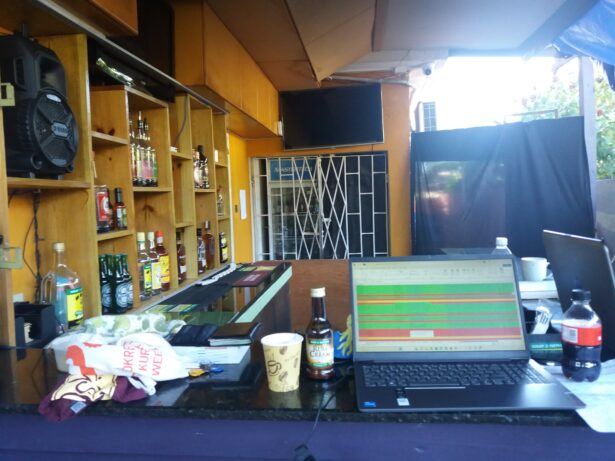In recent years, remote work has gained significant traction, revolutionising traditional work models and providing new opportunities for organisations in the United Kingdom. One area that has embraced this transformation is project management.
Managing projects remotely not only offers greater flexibility and a healthier work-life balance but also aligns with sustainability goals and provides a range of other significant benefits.
Team members can work from their preferred locations, whether it be their home or shared office space, aided by technological advancements and digital communication tools. This approach emphasises virtual collaboration, taking advantage of project management software, video conferencing, and other digital tools that help to make communication, document sharing, and task management simpler and more effective.
Read on to discover more about how remote project management can serve as a more sustainable approach for UK organisations, bringing them plenty of environmental and social benefits.
The Environmental Impact
- Reduced Carbon Footprint:
One of the most notable sustainability advantages of remote project management is the reduced carbon footprint.
By eliminating or minimising daily commutes to and from the workplace, remote work significantly decreases the emissions associated with transportation.
These lower levels of emissions contribute to the fight against climate change and help the UK move closer toward its carbon reduction goals. Finding ways to reduce our carbon footprint is vitally important these days and can bring so many sorely-needed benefits – both to our society, and the natural world. These benefits range from helping us to save money and become healthier, to helping protect vulnerable species that are being pushed to the brink of extinction.
Reducing the need for daily commuting will also help to reduce pollution in built-up areas, especially in major hubs like London, Birmingham, and Manchester; pollution which is responsible for approximately 40,000 early deaths in the UK each year.
Minimised Business Travel:
Remote project management reduces the need for frequent business travel, resulting in substantial environmental benefits. Virtual meetings, video conferences, and collaboration tools eliminate the need for extensive air or road travel to conduct meetings face-to-face, or attend project-related events.
These days, you can hire employees for almost any kind of project remotely. Even construction or renovation projects can use online methods to source the right people for the job.
For instance, if you’re a construction project manager working remotely, and you need to find local plasterers, all you need to do is post details of the job on MyBuilder. Before you know it, plasterers near you will get in touch with quotes and you can pick the ideal person for your project.
The Social Impact
- Enhanced Work-Life Balance:
Remote project management allows team members to enjoy a healthier work-life balance. With flexible schedules and the ability to work from any location, project managers and their employees can better manage personal commitments and responsibilities.
This improved balance will boost the well-being of both you and your staff, as well as reduce stress levels and promote a positive work culture. Ultimately, this will lead to higher job satisfaction and productivity.
- Access To A Diverse Talent Pool:
Appointing remote project managers to oversee far-flung teams enables UK organisations to tap into a broader and more diverse talent pool. Geographical boundaries no longer limit the recruitment process, allowing organisations to access skilled individuals from different regions.
This inclusivity helps to promote diversity within teams, fostering a rich exchange of ideas, perspectives, and experiences.
- Empowering Local Economies:
Remote project management can benefit local economies across the UK. When employees work remotely, they are more likely to spend their income within their local communities, supporting local businesses and stimulating economic growth.
This decentralisation of work opportunities helps to reduce urban congestion and provides employment opportunities in regions that may have otherwise suffered from economic challenges.
- Reducing The Strain On Infrastructure:
Remote project management offers a solution to alleviate the strain on infrastructure in densely built-up areas of the UK.
By enabling your teams to work remotely, your organisation and others like it can reduce the need for large office spaces, thereby helping to free up valuable real estate in cities and urban centres. This reduction in demand for physical office locations can help cities to ease costly rates of congestion, reduce the pressure on transportation networks, and minimise the strain on existing infrastructure such as roads, public transport, and utilities.
In other words, through embracing remote work, UK businesses and organisations can contribute to a more sustainable and efficient use of infrastructure in bustling urban hubs.
Overview
Remote project management offers UK organisations a sustainable approach that aligns with environmental and social goals.
As you can see, the benefits it brings are varied and significant. By reducing carbon emissions, minimising business travel, enhancing work-life balance, promoting diversity, and empowering local economies, remote project management can play a valuable role in protecting our environment and communities.

